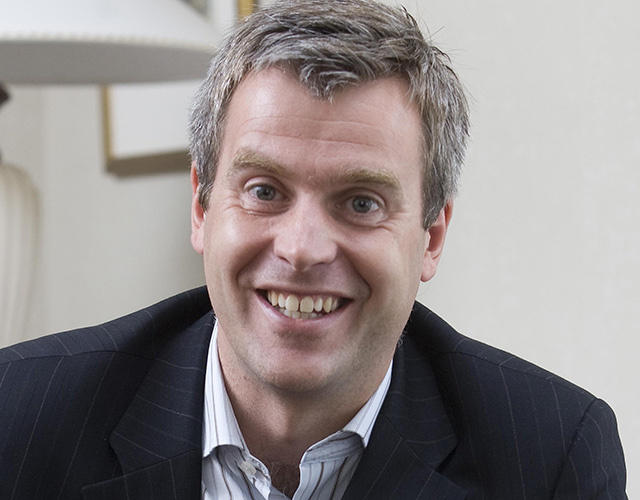
With global climate change protests, declarations of climate emergency and the media hype around Greta Thunberg, there is every likelihood of some sort of attempt by protestors to target Offshore Europe and hi-jack the headlines with their agenda.
While the intentions are assumed to be good, the protestor rhetoric is skewing public perception and, as a result, oil and gas is facing its “tobacco industry moment”.
The industry needs to react quickly to take control of its image problem.
There is a general acceptance of the serious issues that the protestors are highlighting, and the need to reduce carbon footprint and improve perception relative to other power sources.
But careful and considered action is required to create sustainable change. The energy industry needs to be at the heart of that and not the pariah on the outside.
The North Sea is regarded in the industry as a reference point for technology and best operational practice, yet the industry’s reputation is far worse in Europe than it is elsewhere.
Life without fossil fuels is not feasible and without them, millions of people worldwide would starve.
Energy transition could take decades and the industry should not be embarrassed about bridging that gap, but we need to do so responsibly and communicate the right message as well as a path towards cleaner and responsible oil and gas development.
This topic was widely debated at the Simmons Energy Forum earlier this year, when there was a clear view that what our industry needs urgently are respected champions willing to counter some of the anti-hydrocarbon rhetoric so that public debates and perceptions can be more balanced.
Of course, the industry’s image problem is not restricted to climate change. It has real issues around diversity (gender, age and culture); technology adoption and short-termism which have resulted in many people leaving the sector who may never return.
Recognising and addressing these reputational issues will be key to the industry’s future. Failure to do so could create a skills shortage as environment=conscious millennials, who view oil and gas as a “dirty”, volatile and hazardous sector, with limited lifespan, will look elsewhere for work instead of bringing fresh thinking to the industry.
The impact of these reputational issues is not just direct in terms of protests but is now also impacting investors in the sector seeking to raise and invest capital.
As an example, a big source of capital for private equity firms is US endowments and foundations. Many of these institutions are facing pressure from their own students seeking to drive a “green” agenda and this confluence of factors creates a difficult backdrop for our industry.
It seems clear that the recent fall in public company share prices across the sector is related to weakening investor sentiment towards oil and gas, not just a reaction to more muted expectations of financial performance of the companies themselves.
The oil and gas industry has seen huge breakthroughs in technology, engineering, safety and environmental initiatives – the way in which we manage waste products, for example, is best-in-class. We must champion our progress and achievements to survive in the new world.
Let’s hope that during OE the industry can show the wider world what it is capable of. After all, this industry has the know-how and ingenuity to meet some of the most complex engineering challenges in some of the most hostile environments on the planet so is, therefore, capable of delivering the energy transition.
No matter what protestors say, energy transition cannot be achieved in a few weeks or even a few years. It will take time and needs to be done in a safe, planned way to ensure sustainability of change and avoid unintended consequences.
Consider the carbon footprint of plastic bags now habitually used multiple times, thanks to consumer education, versus single-use, throw-away paper bags.
Greta and others have done a good job of raising social awareness. Let’s not allow misinformed views to control the agenda.